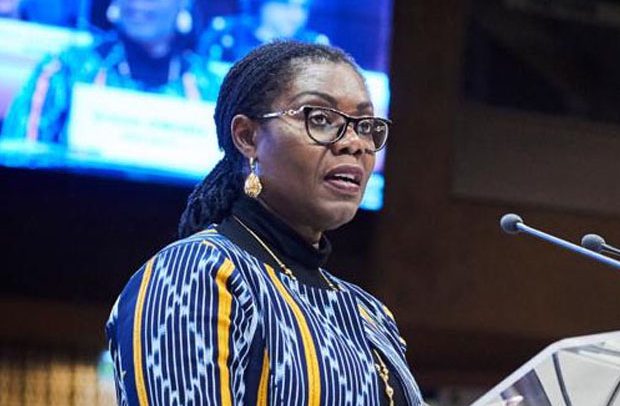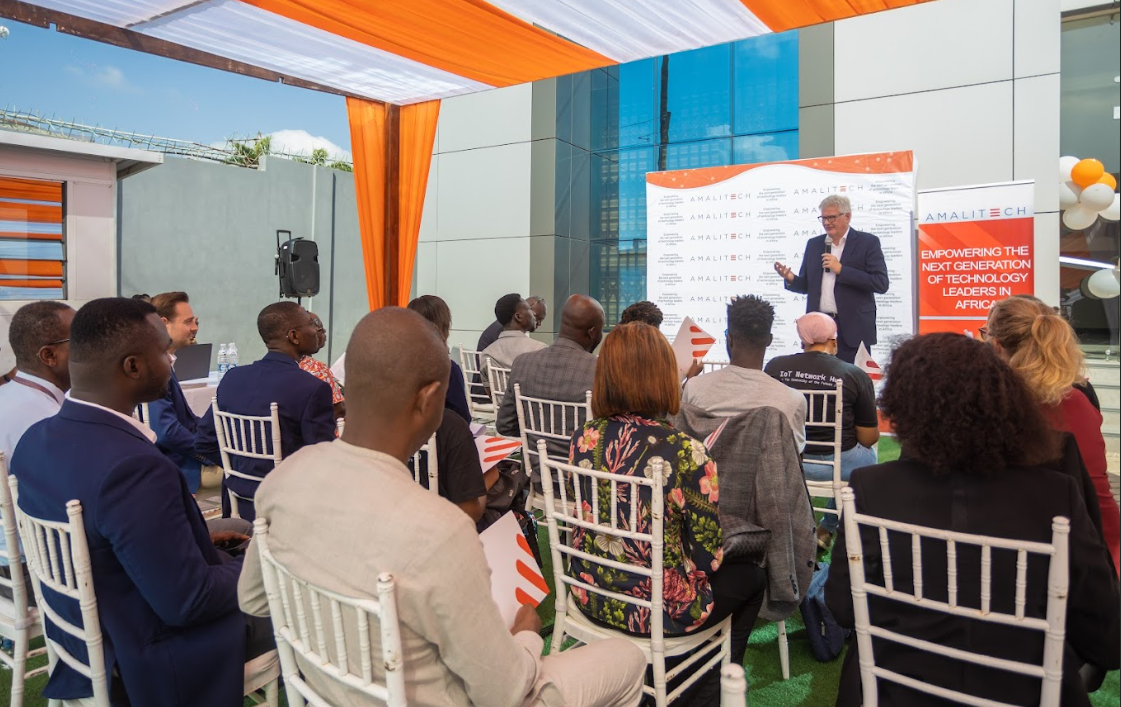
The Fourth West Africa Digital Reading Summit that focuses on the power of the mobile phone for education opened in Accra yesterday.
About 200 technology experts, educationists, publishers and teachers from Ghana and six other West African countries are participating in the two-day conference on the theme: “The power of digital in learning: How communities are harnessing mobile technology and digital reading to promote continuous learning”.
The conference seeks to highlight the importance of reading on mobile phones to encourage teachers to see it as a tool and to also promote reading outside the classroom.
Access to digital books
The Deputy Minister in charge of Pre-tertiary Education, Mrs Barbara Asher Ayisi, opened the conference on behalf of the Minister of Education, Dr Matthew Opoku Prempeh.
In a speech read on his behalf, the minister said digital books should be made available to everyone regardless of their circumstances or background.
“Technology can be used to employ the available resources in a more efficient manner by helping teachers and administrators streamline routine tasks and improve assessment and data collection,” he said.
Technology as catalyst
Dr Prempeh said in the classroom, technology could be a powerful catalyst for pedagogical change, as students use technology to take a more active role in personalising their own education, while teachers take on new roles as knowledge facilitators rather than knowledge transmitters.
“Technology also has the potential to transform education by extending the learning space beyond the concrete walls of a classroom,” he said and explained that although the schools would continue to play a leading role for education, technology offered a variety of learning opportunities beyond the physical limits of the school.
Worldreader App
He expressed delight that Worldreader had an android app that allowed free access to over 40,000 books, saying “this means that every person with a mobile phone can be a walking library if we put in the right mechanisms and processes. With technology, ladies and gentlemen, we can revolutionise the reading culture in this country through increased access to reading materials.”
Digital reading programmes
The West Africa Director of Worldreader, Ms Carol Williams, said over the next two days, participants would explore and discuss ways in which they could leverage what was happening in the digital reading programmes.
“Our goal is to get your minds pondering on all the possibilities so you can be very deliberate and focused on how you are going to help us continue to grow this digital reading movement. Together let’s keep pushing this digital reading agenda. Let’s add our voice to as many circles as we can and get others involved. Let’s face it;, the ship has sailed - the entire world is going digital. So either we are going to grow the digital movement in our countries or we’ll fall behind as a nation,” she told the participants.
She stated that in the past, there had never been a focus on the power of mobile technology to engage readers. “The focus has always been on what’s happening in the classroom between a teacher and a student,” she added.
Worldreader
The Co-Founder of the Worldreader, Mr Colin McEwee, recalled that with an initial number of 400 schoolchildren at Kade in the Eastern Region in 2010, Worldreader could now boast over six million people across 52 countries reading from a digital library of over 40,000 local and international e-books on Worldreader platforms.
He said the organisation was working closely with the Ghana Education Service (GES) and district authorities in the country to make digital books available to all schoolchildren and other readers.
The Fourth West Africa Digital Reading Summit that focuses on the power of the mobile phone for education opened in Accra yesterday.
About 200 technology experts, educationists, publishers and teachers from Ghana and six other West African countries are participating in the two-day conference on the theme: “The power of digital in learning: How communities are harnessing mobile technology and digital reading to promote continuous learning”.
Read Full Story
















Facebook
Twitter
Pinterest
Instagram
Google+
YouTube
LinkedIn
RSS